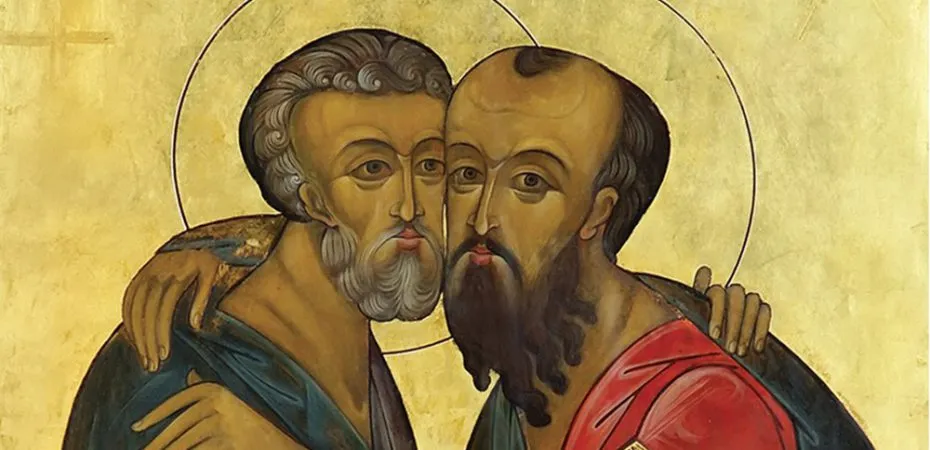Message of Abbot Paul - Friday 27th January 2023
Abbot Paul • January 27, 2023

As we follow the Benedictine Calendar, yesterday we kept the feast of the Holy Founders of the Cistercian Order, Saints Robert, Alberic and Stephen. As a result, today we are keeping the feast of St Paul’s two great friends and protégés, Saints Timothy and Titus. Three Letters traditionally attributed to Paul are addressed to them. Paul held Timothy in high esteem: when Paul was passing through Lystra at the beginning of his second missionary journey, he chose Timothy to be his companion. Paul took Titus with him to Jerusalem for the so-called Apostolic Council, where the preaching of the Gospel to the Gentiles that freed them from the constraints of Mosaic Law was solemnly accepted. We ask them to intercede for the Church today and especially for the Synod, that it might bring many fruits to the Church’s mission.
Our Gospel passage from Mark, (Mk 4: 26-34), presents us with two Parables of the Kingdom, with which Jesus wishes to encourage his followers not to give up hope but to continue preaching the Good News of salvation. This is the first. “This is what the kingdom of God is like. A man throws seed on the land. Night and day, while he sleeps, when he is awake, the seed is sprouting and growing; how, he does not know. Of its own accord the land produces first the shoot, then the ear, then the full grain in the ear. And when the crop is ready, he loses no time: he starts to reap because the harvest has come.” Jesus explains how from a small seed there eventually grows a large shrub that produces much fruit. All the farmer has to do is plant the seed. Nature takes care of the rest. Likewise, the disciple sows the seed and God does the rest. We should not stop sowing the seed of the word; in God’s own time it will bear much fruit.
The second is similar, but the emphasis is on the size of the seed compared with the size of the shrub. “What can we say the kingdom of God is like? What parable can we find for it? It is like a mustard seed which at the time of its sowing in the soil is the smallest of all the seeds on earth; yet once it is sown it grows into the biggest shrub of them all and puts out big branches so that the birds of the air can shelter in its shade.” Here it’s not a question of the fruit produced but the fact that the shrub is so large it has branches, where birds may rest in the shade the foliage produces. In both parables, the plants produced by the seed are live-giving.
Mark then comments on Jesus’ method of teaching. “Using many parables like these, he spoke the word to them, so far as they were capable of understanding it. He would not speak to them except in parables, but he explained everything to his disciples when they were alone.” Inspired by Jesus’ example, may we find exciting new ways of preaching the Gospel today.









